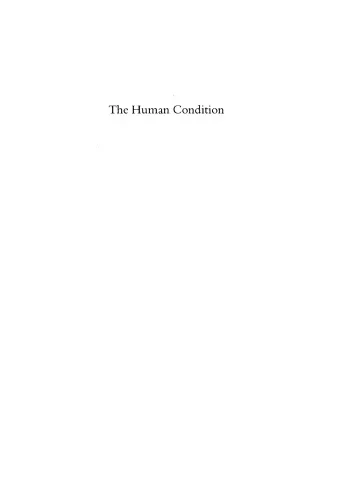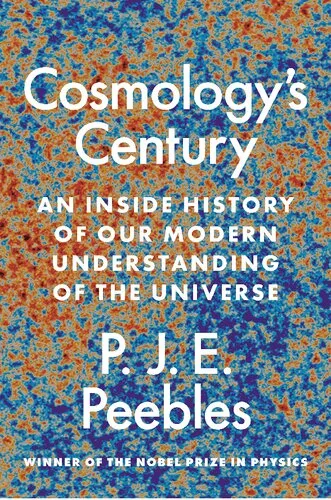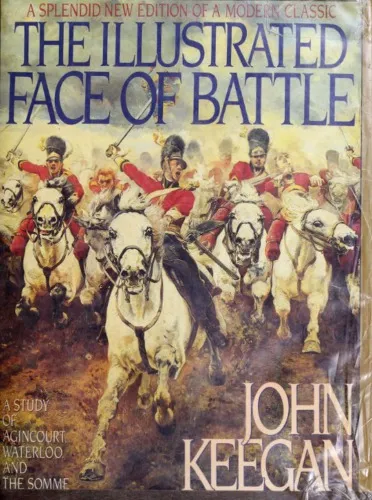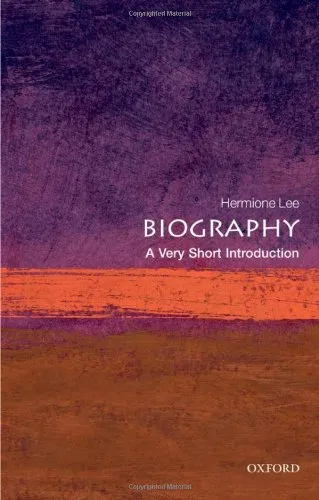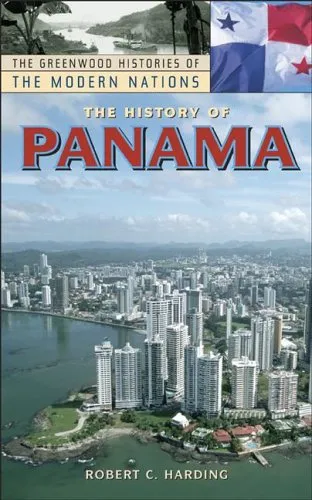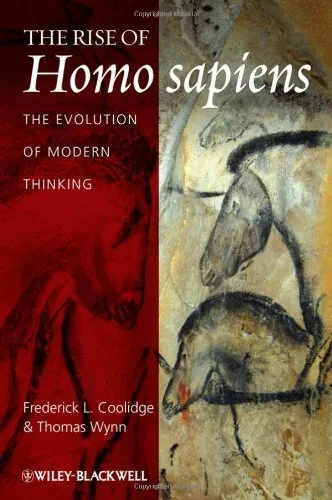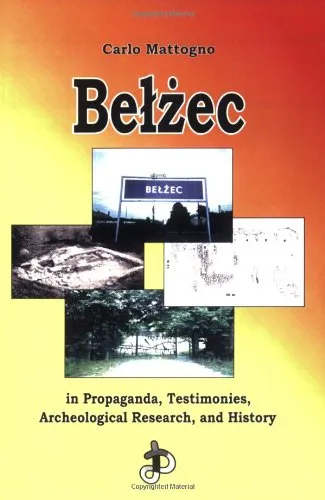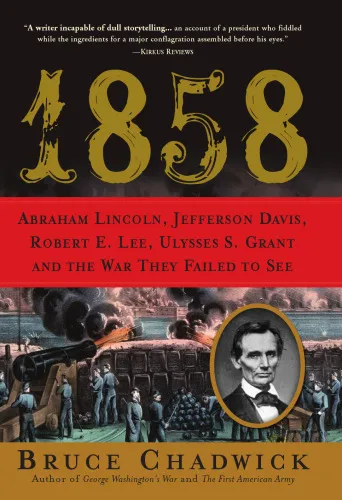The Human Condition: An Ecological and Historical View (Bland-Lee lecture series delivered at Clark University, 1979)
4.3
Reviews from our users

You Can Ask your questions from this book's AI after Login
Each download or ask from book AI costs 2 points. To earn more free points, please visit the Points Guide Page and complete some valuable actions.Related Refrences:
The Human Condition: An Ecological and Historical View
Written by acclaimed historian William H. McNeill, The Human Condition: An Ecological and Historical View delivers profound insights into the intricate interplay between humanity and its environment across the centuries. This book, based on the 1979 Bland-Lee lecture series at Clark University, stands as a testament to McNeill's ability to weave ecological perspectives into historical narratives, offering a fresh lens through which we understand ourselves and our collective development. The Human Condition invites readers to explore the interdependence between human societies, their environments, and the historical patterns that have shaped civilizations as we know them today.
Detailed Summary of the Book
At the core of The Human Condition lies McNeill’s thesis that human history is inseparable from environmental factors. McNeill meticulously explores how ecological forces have influenced human living conditions, societal organization, and cultural shifts throughout time. He connects historical patterns with ecological dynamics, emphasizing that humans have both adapted to and reshaped their environments in ways that profoundly affect their survival and cultural development.
McNeill delves into the impact of disease, agricultural practices, food production, and technological advancements on societal evolution. For example, he discusses how the Neolithic Revolution marked a turning point in human history, triggering transformative changes in population growth, sedentary lifestyles, and ecological manipulation. The book also explores the pressures of industrialization and urbanization in the modern era, underlining their ecological cost and societal repercussions.
Throughout the book, McNeill highlights the paradoxical nature of human ingenuity — how humans create solutions that often bring unforeseen challenges. These insights challenge readers to think critically about the balance between innovation and sustainability as humanity grapples with its ecological footprint in the 21st century.
Key Takeaways
- Human history is deeply intertwined with ecological factors, and understanding this connection is crucial to grappling with current global challenges.
- Technological advancements solve many problems but simultaneously introduce new ecological and social challenges.
- Adaptation and resilience are central themes in humanity's survival throughout time, offering lessons for the future.
- Historical patterns reveal the consequences of overexploitation and mismanagement of natural resources.
- Cultivating ecological wisdom is necessary for sustainable development and long-term survival.
Famous Quotes from the Book
McNeill's prose carries the weight of scholarly insight and poetic reflection. Here are a few memorable quotes that offer a glimpse into his ideas:
"Humankind’s fate has always been shaped as much by its ecological context as by its own ingenuity."
"The relationship between man and nature is not one of dominance but of mutual influence — a fact often overlooked by those enamored of progress."
"History is not a straight line; it is a dance between human aspiration and environmental constraints."
Why This Book Matters
The Human Condition: An Ecological and Historical View remains relevant today because of its central theme: humanity's interconnectedness with nature. In an era marked by climate change, resource depletion, and ecological imbalance, understanding the historical and ecological dynamics that shaped our world provides crucial insights into creating sustainable futures.
McNeill challenges us to move beyond linear understandings of progress and focus on the adaptations necessary to maintain harmony with our environment. This book calls for reflection on the lessons of history and for action in addressing contemporary ecological crises. By situating ecology at the heart of historical understanding, McNeill’s work inspires us to rethink humanity’s role on this shared planet.
The Human Condition is not merely a history book; it is a guide to comprehending the interconnected, fragile, and resilient nature of human life—a perspective that remains vital today.
Free Direct Download
You Can Download this book after Login
Accessing books through legal platforms and public libraries not only supports the rights of authors and publishers but also contributes to the sustainability of reading culture. Before downloading, please take a moment to consider these options.
Find this book on other platforms:
WorldCat helps you find books in libraries worldwide.
See ratings, reviews, and discussions on Goodreads.
Find and buy rare or used books on AbeBooks.
1240
بازدید4.3
امتیاز0
نظر98%
رضایتReviews:
4.3
Based on 0 users review
Questions & Answers
Ask questions about this book or help others by answering
No questions yet. Be the first to ask!
